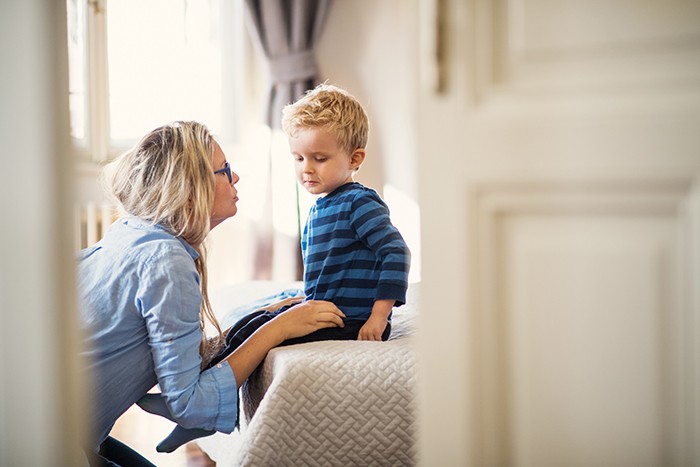With news of the Coronavirus inundating our homes, lives, and media sources, many adults are searching for the right things to do and say to reassure the children in their lives. In order to help answer questions and calm anxieties, here are some tips from the experts at our practice:
- Keep calm and help them feel safe. Children look to parents and caregivers for safety. When the adults in their lives panic, children feel unsafe and begin experiencing increased anxiety. Parents and caregivers can help children feel safe by keeping news turned off around them, and by making sure worried conversations are had outside of their presence.
- Explain the virus in age-appropriate language.
- For ages 0-10, an example might be: “There are a lot of germs right now and we are all doing our part to keep our bodies and others’ bodies healthy and strong. We are going to learn how to wash our hands really well and remember not to touch things that might have a lot of germs, and for a while, we’re going to stay home more often so we don’t catch germs or share germs.”
- For ages 11+, some examples are: “I know this can seem scary, but right now we are okay. We have ways to keep our bodies healthy and we have what we need. The rest is for grown-ups to worry about. If you have questions, let’s talk about it.” and/or “What you need to know about the virus is that it is most dangerous for elderly people and people who are already sick, but we need to do our part to help keep everyone healthy. One of the reasons we need to take it so seriously is because it’s new and we are all still learning about it.”
- Find the positives. Come up with reasonable plans to encourage a sense of safety – brainstorm activities you can do together, acknowledge how nice it is to not be so busy, or think of ways to help others. If kids are anxious about not being in school, ask them questions such as, “What ways can we make sure you keep learning at home?” or “What are you interested in learning about right now?” or “How can I help you keep in touch with friends?”
- Have discussions. Ask your kids what they know about the virus and give simple, factual, developmentally appropriate responses. Don’t volunteer too much information, but do your best to answer honestly and clearly.
- Identify the helpers. Ask children who they think is helping the situation and discuss their roles. Some examples include nurses and doctors, sanitation workers, grocery store employees, bank tellers, farmers, first responders, volunteers, military personnel and government leaders. Talk about who is helping, how they’re helping, and how we can thank them for helping. Children and adults feel more distress when they feel helpless, but begin to feel more comfortable when they know how to take action or who is taking action.
- Be intentional. Focus your time on being purposeful with playtime and activities with your family. Choose to reframe your mindset as a time to be present with the ones you love. Help children understand that while we can’t control the situation, we can control our actions – doing breathwork, video chatting with loved ones, getting proper nutrition and enough sleep, praying for and encouraging others, and doing activities that they enjoy can all help.
Overall, how a child feels during this time will stay with them long after the memory of what they did for these weeks/months is long gone. Do your best to be present, be patient, and be compassionate.
For additional information and resources, please visit: https://www.pbs.org/parents/thrive/how-to-talk-to-your-kids-about-coronavirus

